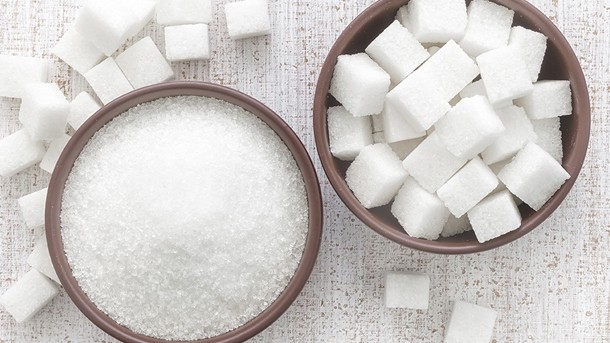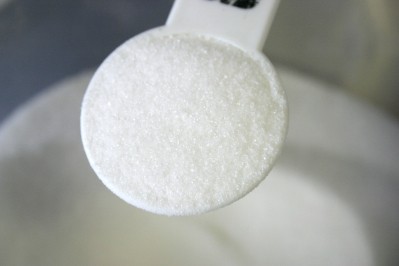Consider longer-term sugar contracts: report

Contrary to conventional wisdom, the abolition of the EU sugar production quota by October 2017 does not necessarily guarantee a low sugar price, the Rabobank report said.
After falling more than 40% since 2013, the EU sugar price has dropped to levels on a par with the world price and, recently, even lower.
Greater competition
Rabobank acknowledged the chief reason behind the declining price was greater competition between sugar producers, and in the post-quota age, such competition will be the new norm.
However, according to its report ‘Even the sweetest of dreams may turn sour; the EU sugar quota regime comes to an end’, lifting export restrictions would make it easier for EU sugar to find its way to the global market, therefore, impacting domestic availability.
“The general assumption that abolishing the EU sugar quota as of October 2017 will only have positive effects for sugar buyers is too good to be true,” said Ruud Schers, analyst at Rabobank.
‘High world prices’
“Sugar buyers should brace themselves for the possibility that high world prices for sugar may trigger regional supply tightness in the EU, which could push prices up considerably,” said Schers.
“The good news is that sugar buyers do not have to wait until October 2017 to start taking preventative measures against this risk.”
Between 2010 and 2015, global sugar production outstripped demand, but that changed in the 2015/16 season, the report found.
















